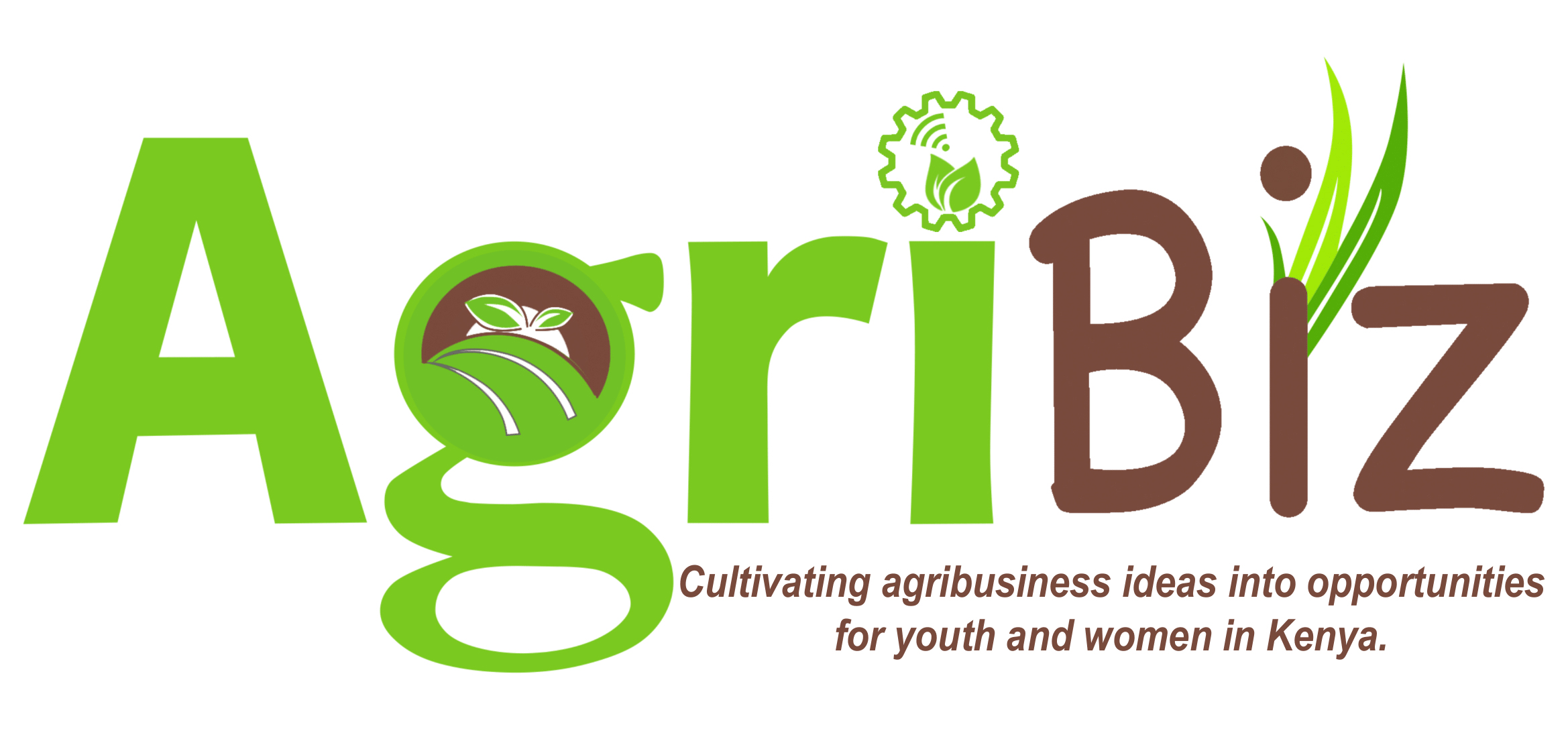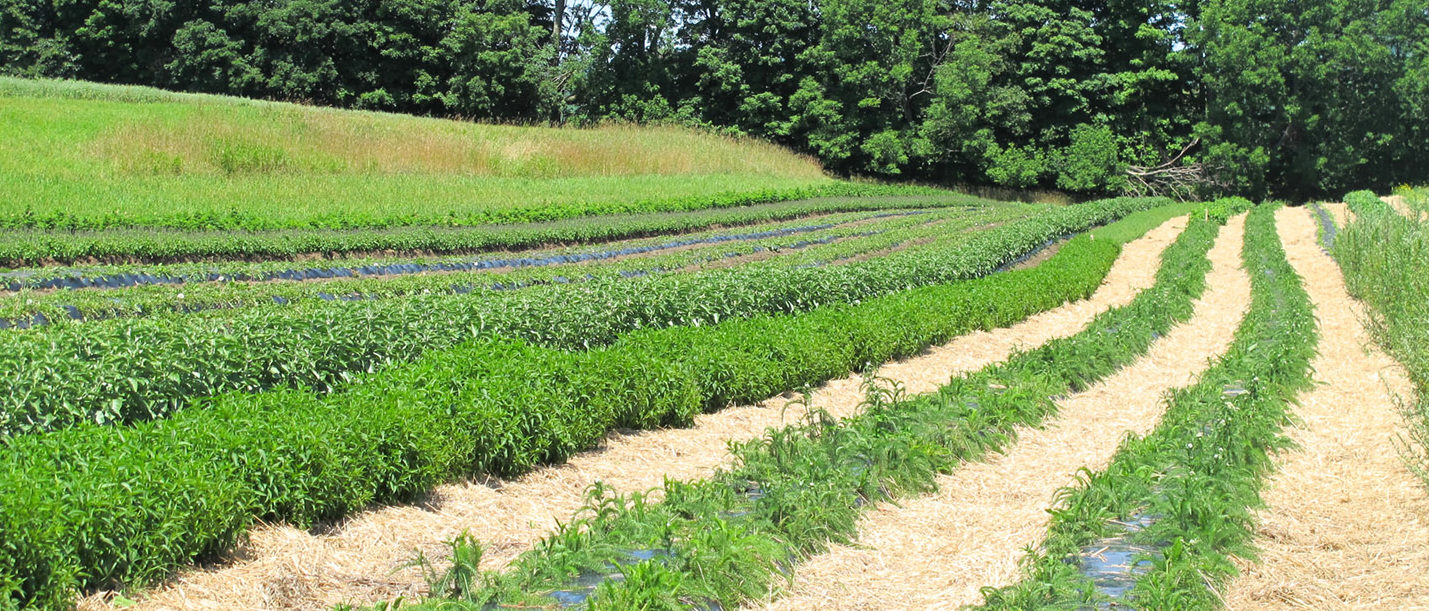Do you remember the old adage, “The family that prays together stays together”? The same sentiment of strength and togetherness can be expressed in farming, too, if we say, “The family that farms together stays together.” And while it may not rhyme or be as spiritually significant, it really does matter that families stay together to farm and are kept on the farm – together.
Kiburu Greens is a family effort of Susan, her siblings Edna, Janet, Ian and Mark, together with their parents working to offer export quality herbs and vegetables.
“We have family land that we jointly manage to produce rosemary, thyme, mint, sage, leek and parsley,” Susan says.
Kiburu Greens rests on the rolling plains of South Kinangop at the foot of the Aberdare ranges, just before descending into the Great Rift Valley. The combination of cool climate with fertile volcanic soils, provides a thriving environment for farming and yields the world’s finest quality herbs.
The farm, founded in 2018 is truly a family operation. Susan recalls that although her parents were seasoned subsistence farmers, the family thought it would be wise to establish a family owned agri-venture that would not just be profitable but also bring them together.
Our parents are nearing retirement, we needed a retirement project that would not just keep them busy, but provide financial sustenance while also keeping us together. That is how Kiburu Greens was born,” Susan explains.
Susan says that at inception, the farm only focused on two herbs which they observed growing naturally in the area.
“We started our operations with two main herbs, rosemary, which grows wildly and is used for fencing in the area, and thyme. We have since expanded and are now farming mint, parsley, sage, leek, strawberries among other vegetables that we have found to do well on our ‘shamba’,” Susan says.
The family has been able to take the farm operations a notch higher by constructing a pack house, cold room, drier, farm stores and staff facilities.
We did not want to play small as we are looking at the farm as a long-term project. Therefore, to be able to position ourselves in the export market, we sought accreditation with Global-GAP which required us to set up the farm to international standards,” Susan says.
Amidst their busy schedules, each family member takes time to juggle their farming passion alongside demanding career and individual family lives.
“I am a relocation consultant by profession, my sister is a seasoned HR practitioner, my other sister is a trained medical professional currently working with a leading international NGO; while our brothers are juggling farming alongside their University studies. Our father is a chemical engineer with a lifelong career in the oil & gas industry while our mother is a seasoned teacher who run a private nursery school. Despite our careers, we all chip into the management of the farm supporting our parents who are now getting engaged on a more full time basis,” Susan explains.
Being a family farm, Kiburu Greens has great benefits to the community. Unlike industrial farms, they do not pollute the neighboring community with chemical pesticides. We are an eco-friendly farm, and are using eco-friendly technology in our operations. The farm provides employment for the farm manager and several farm hands.
The farm currently produces between 300-400 kilos of fresh herbs for export weekly. “Our farm is currently able to produce up to 400 kilos of fresh produce weekly. Although with consistent water supply and planning we can manage over 1 tonne of produce weekly.” Susan says.
She adds that, before the pandemic the farm mainly targeted the international market. This has since changed as the COVID pandemic has enlightened them to balance their focus to study, serve and grow the local market too.
The farm however, has not been without its share of challenges. Susan explains that with the closure of borders due to the pandemic, their business operations halted.
“This year, our aim was to set up an irrigation system. We were not able to achieve this goal because our finances were not looking good. With the closure of the markets in Europe and the Middle East who are our biggest market our revenues were at zero. Therefore, we could not finance our targets for the year,” she says.
Susan is however delighted because their enterprise was privileged to be among the 200 farmer organizations selected by Kenya Climate Innovation Centre (KCIC) under the Agribusiness programme.
The partnership with KCIC could not have come at any better time than now. They rescued us at the verge of our collapse through the agribusiness programme,” Susan says emotionally.
With the partnership with KCIC, Susan is hopeful to get the support they require to stay on track and set up an irrigation system for more consistent production. Ultimately, they envision having their own brand of both fresh and dried herbs. A product proudly delivered from their family ‘shamba’!
“Once we have the irrigation system in place, we hope to brand and package our products and have distributions both locally and internationally,” Susan says.
The family is happy to partner with farmers who are interested in eco-friendly farming ventures.





